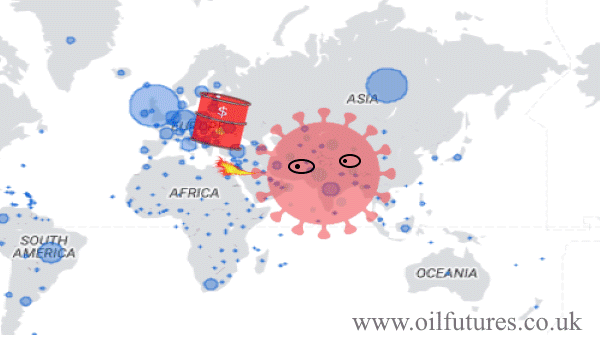United Kingdom is back in full lockdown with the
closure of schools, universities and major businesses in light of the
exponential increase in infection rates.
Although the authorities want us to believe the
light at the end of the tunnel in a month’s time, judging by the past
experiences, it’s not going to be an easy goal to achieve.
The evolving reaction by the authorities is fully
understandable: they cannot afford to send the whole population into panic
mode; they have to minimize the impact on businesses and the National Health
Service, the NHS; they have to take on board those who vehemently oppose the
lockdowns that include some influential voices on the side of the government.
In short, Mr Boris Johnson, the prime minister, has
been forced to walk the tight rope by the changing circumstances; it’s just a
case of you are damned, if you don’t do anything; you are damned even if you do
the right thing that the situation demands of you.
Since it’s a lockdown with the toughest measures,
the traffic on the roads are going to go down steeply and in proportion to
that, there will be a corresponding dip in demand.
The oil price that weathered quite a few storms in the
past few months, however, is not going to suffer the way it did in March, 2020,
because, investors are hopeful of a pleasant outcome at some point in the early
next year.
The investors have confronted Corona Fatigue in 2020
and know how not to let it blight the future global growth.
There are a few of positive developments in the
Middle East and Asia from which the investor community can get the inspiration:
Qatar and Saudi Arabia on friendly terms again after putting behind almost four
years of mutual animosity; Qatar stocks saw a steep rise in the hope that
things will be back to normal soon.
Investors do not seem to take each factor that
affects the oil markets in isolation; on the contrary, they focus more on the
collective picture. That may be the reason the uncertainty of the outcome of
the OPEC+ meeting did not affect the oil price badly.
As the excitement over the emergence of the magic
bullet, a vaccines, slowly wears off, it’s high time scientists focused on an
alternative to keep the spread at bay as a matter of urgency – for the sake of
global economy.
We can only hope someone would make a breakthrough
like Sir Alexander Fleming did in 1928, while discovering penicillin against
bacteria, completely by accident - and against all odds.









